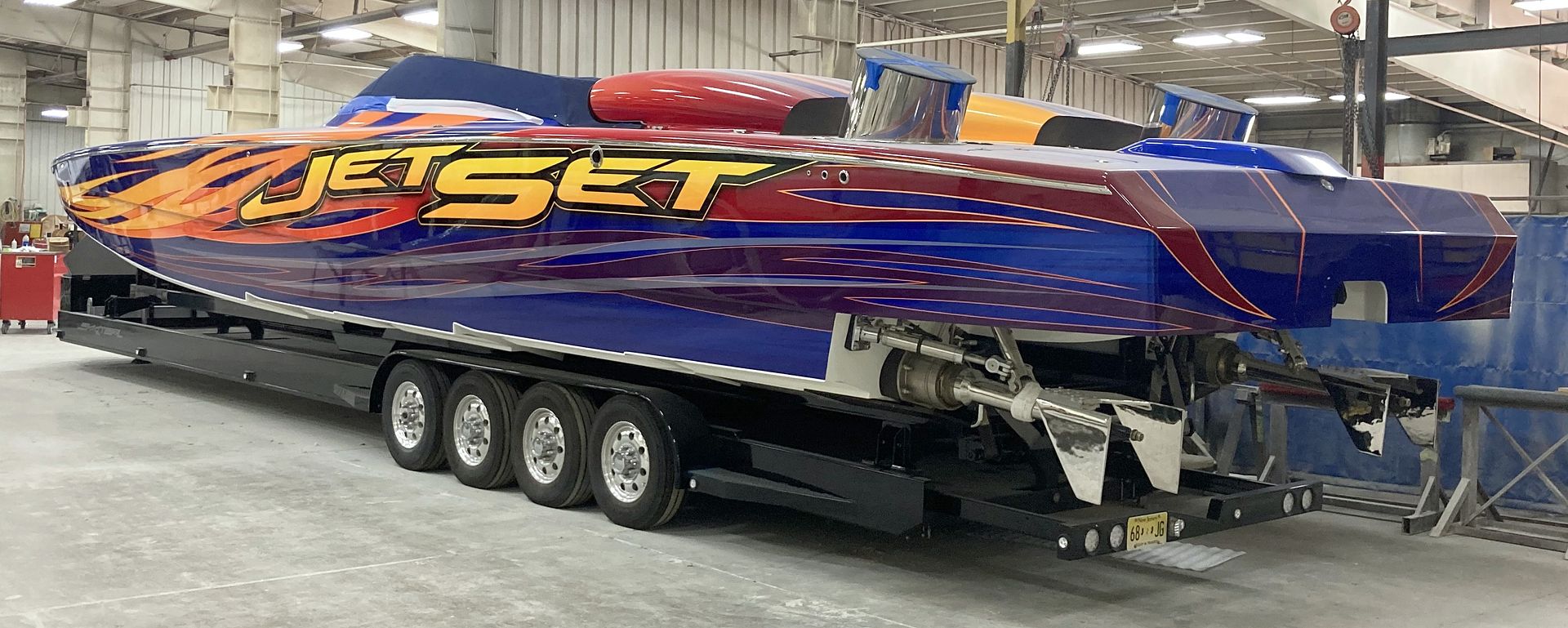One of the problems I see that it is only a HP/Weight ratio. Not torque. You could build a torgue monster with big crank and down play the hp when building the motor. It would be killer on short or rough courses.
This is exactly what Merc did with their 710 race engines for P1. It was basically an 850 (which is a net motor so more closely to a 925 hp motor) and then they remapped the boost by pass valve (think waste gate from the turbo days) and they controlled the boost to not make more than 740ish hp. Big torque as it had a lot of boost down low and limited hp as they bleed it off on top end.
Would have work great had it been reliable. They were popping faster than popcorn in an oil fire.
Does this work? NO. Why? Simple.
Example: Signor Miguel Hook has/had a 399 Skater with 525's that ran very successfully in America that he took to the P1 class and changed power and adjusted weight.
He by all accounts (it was on his U Tube Video) was running in the races at 110 mph possible faster in some that he did not post on the Internet.
Miguel put these new trick Merc engines in the boat. Added a ton (literally) to the boat and he does not reach the same race speeds as he did with the stock 525's. Acceleration was better but as the boost pulled back at the top end the engines could not pull the additional weight.
I might be wrong, but I feel he would have been more successful had he left the 525's in the boat, less weight and possible higher speeds. BUT he also might not have had the acceleration and might not have achieved a higher average speed than he achieved with the 710's due to the torque difference.
This year he is racing with CHIEF engines. Should be more reliable than the Merc.
As for your boat, the HP to weight rule is not a bad thing. One thing no one has brought to light is how much havic the weight played on the boats structurally in those ROUGH races in P1 last year. It is a different sea conditions than we have in the states racing.
